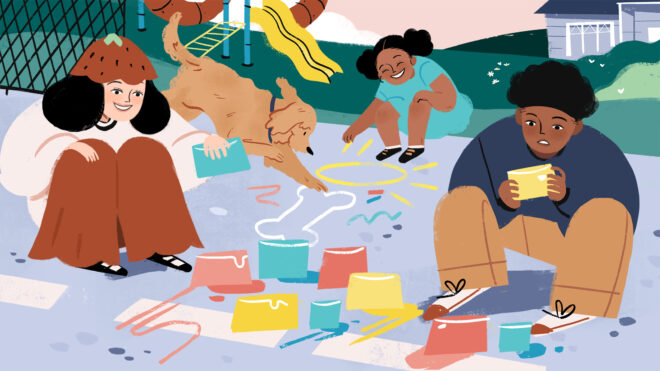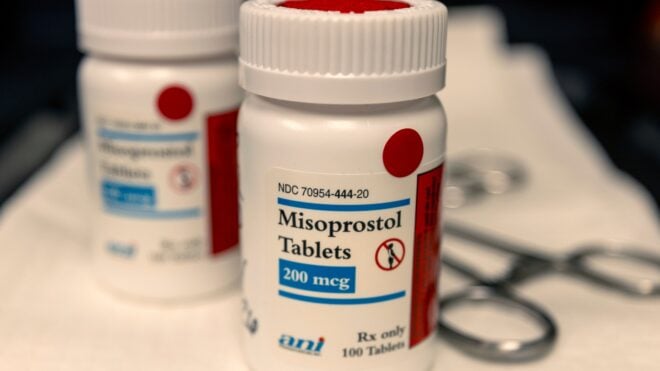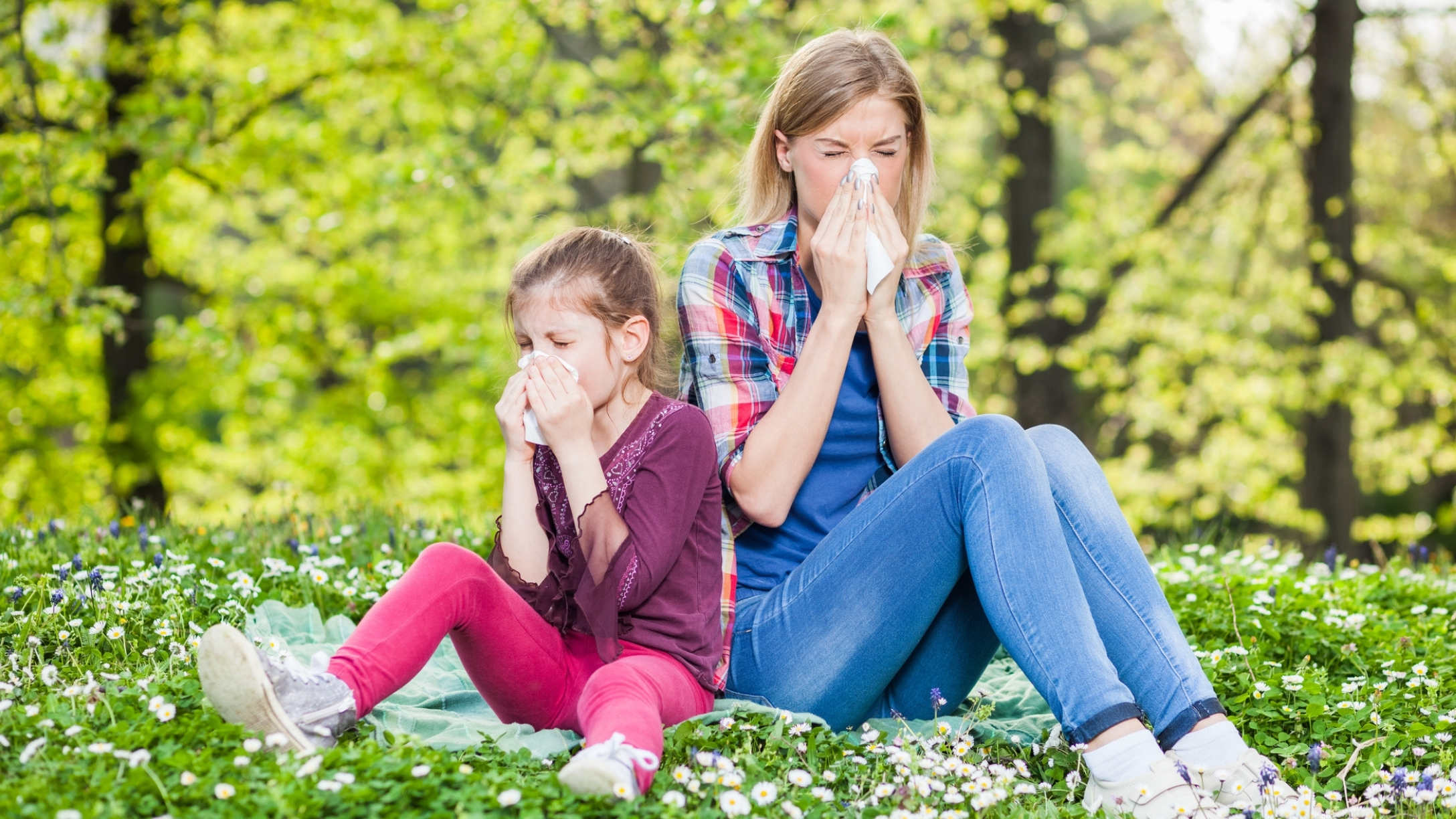
Spring is a great time of year to get back outside, but doing that isn't equally easy for everyone. Allergies can be a major buzzkill for some people in the spring.
It's especially rough when kids have allergies. While adults can control impulses that will ultimately make the symptoms worse, kids aren't always quite there. There are plenty of over-the-counter solutions, but they leave some groggy and out of it in a way that's equally unpleasant.
Luckily, there are some natural remedies that can lessen and in some cases eliminate the stressful symptoms of springtime allergies. These are some ideas you can easily try with your own brood.
Drink Plenty of Water
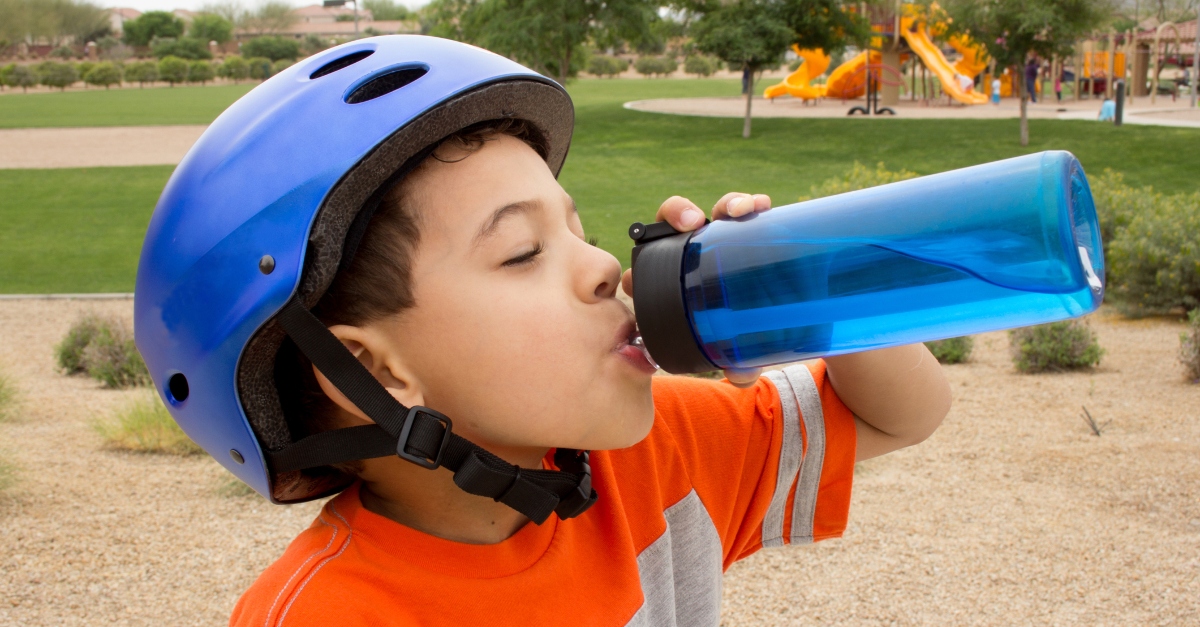
If your respiratory and digestive systems are dehydrated, your body will react with symptoms like nasal congestion, runny nose, sneezing, and/or coughing. Staying hydrated constantly is one of the best ways to combat those symptoms.
Use a Saline Nasal Irrigation
Congested sinuses can be flushed out with saline solutions. Using a neti pot or similar system twice a day can remove allergens from nasal passages while also lessening inflammation.
Utilize Essential Oils
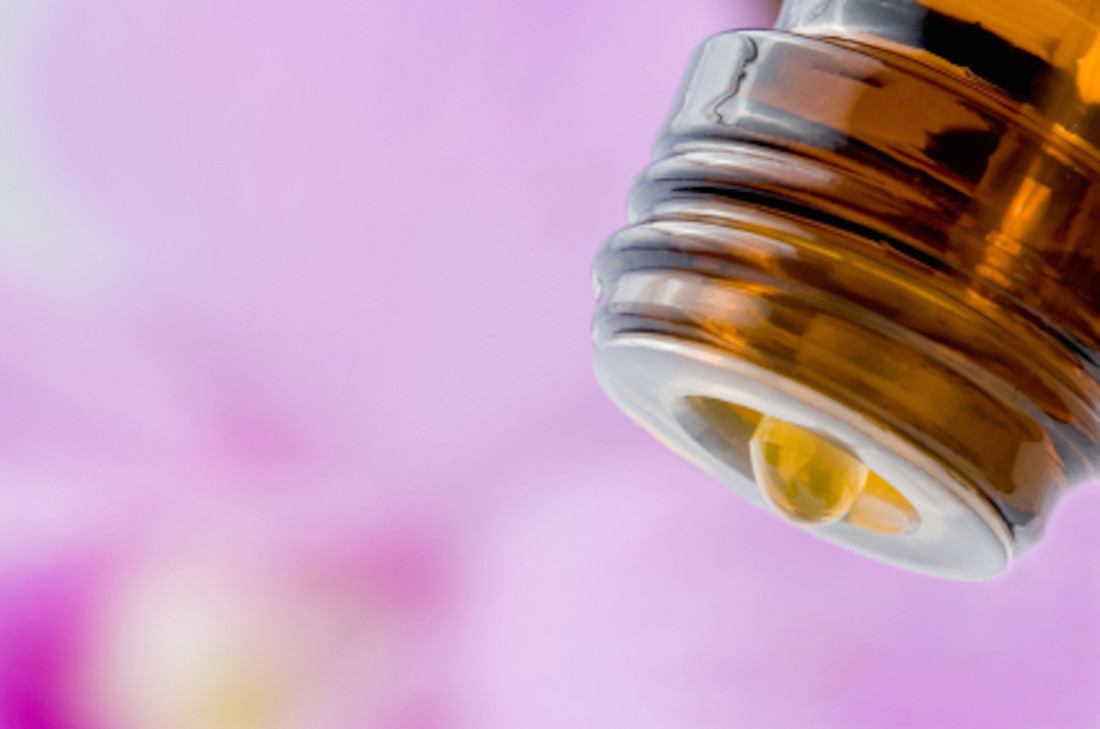
There are certain essential oils that can help reduce inflammation and make breathing a little easier. Eucalyptus oil is one popular option. Lavender, tea tree oil, peppermint, lemon, frankincense, and chamomile oil are also selections that provide allergy relief.
Load Up on Green Veggies
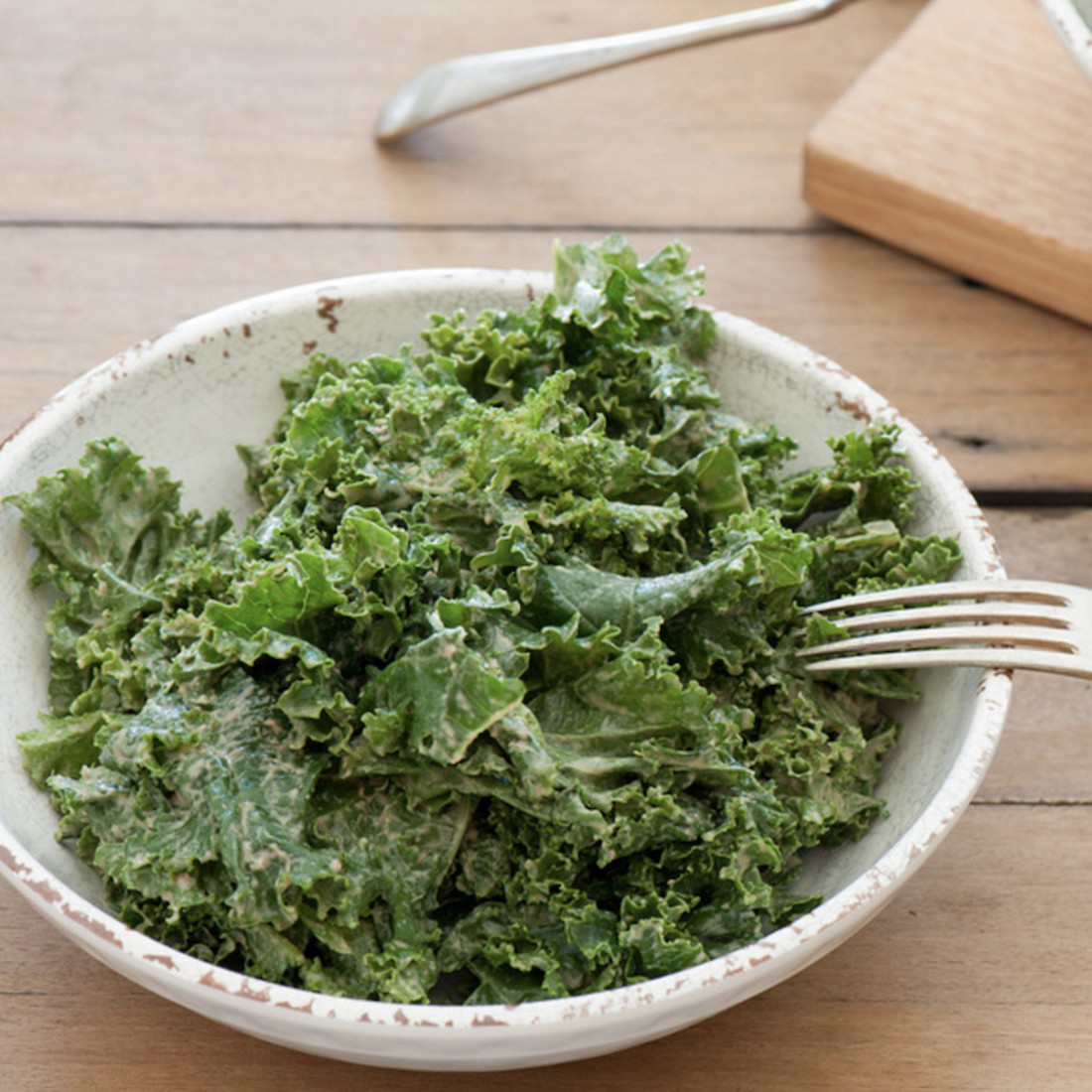
Leafy greens can pack a powerful punch against allergies. Other green veggies that help include broccoli, cauliflower, leeks, and spring onions. These contain a bioflavonoid called quercetin that moderates histamine production and release.
Indulge in Citrus Fruits
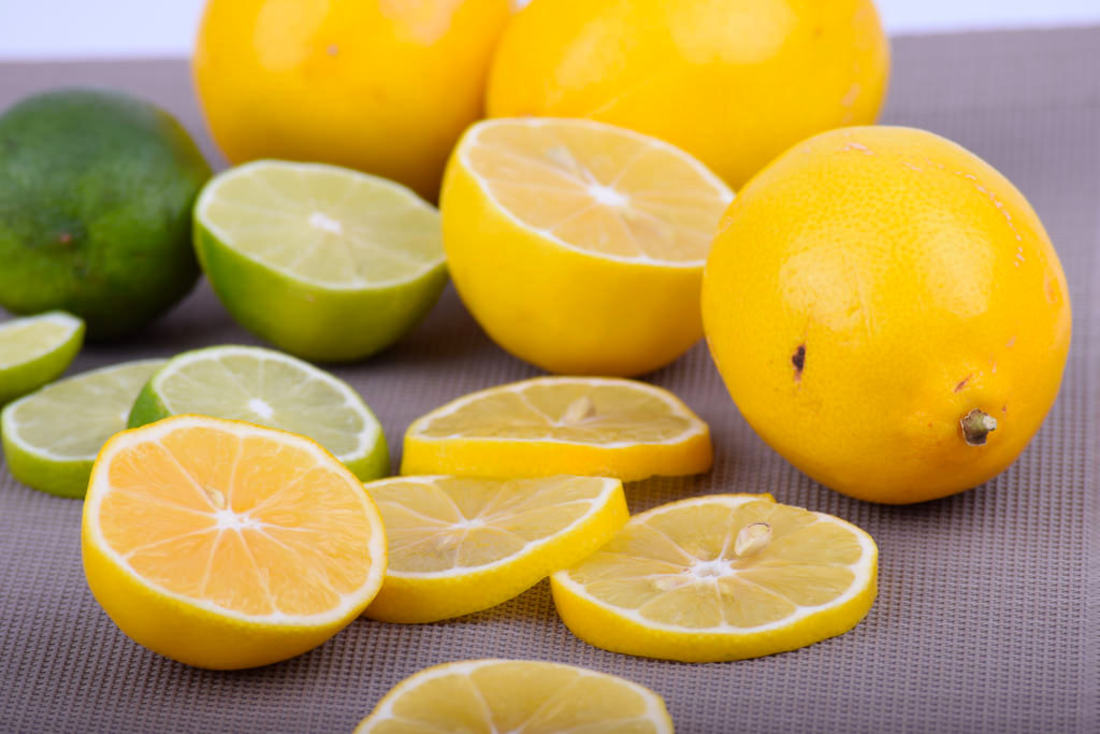
Citrus fruits are packed with vitamin C, bioflavonoids, and antioxidants, all of which help provide some allergy relief. They boost the immune system while also treating allergy symptoms. Eating some citrus fruits or including their juices in your diet can make a major difference and is safe for most children as well.
Take Some Butterbur Extract
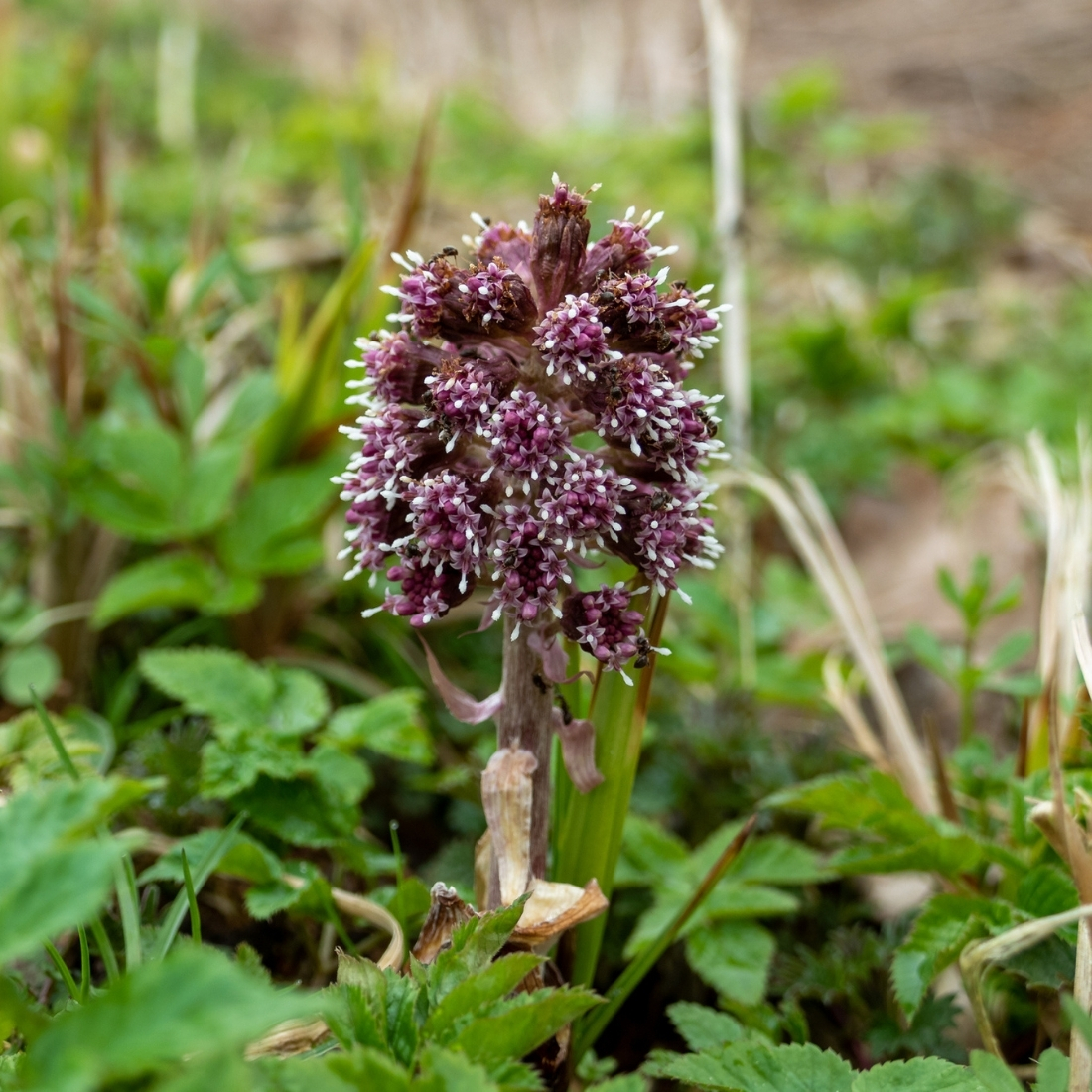
You can take butterbur extract or drink it in a tea. Either way, it blocks the chemicals that cause nasal passages to swell thanks to two chemicals called petasin and isopetasin. It can be taken in the same way over-the-counter allergy medications are, but it's safer and more natural.
Try Some Nettle Leaf
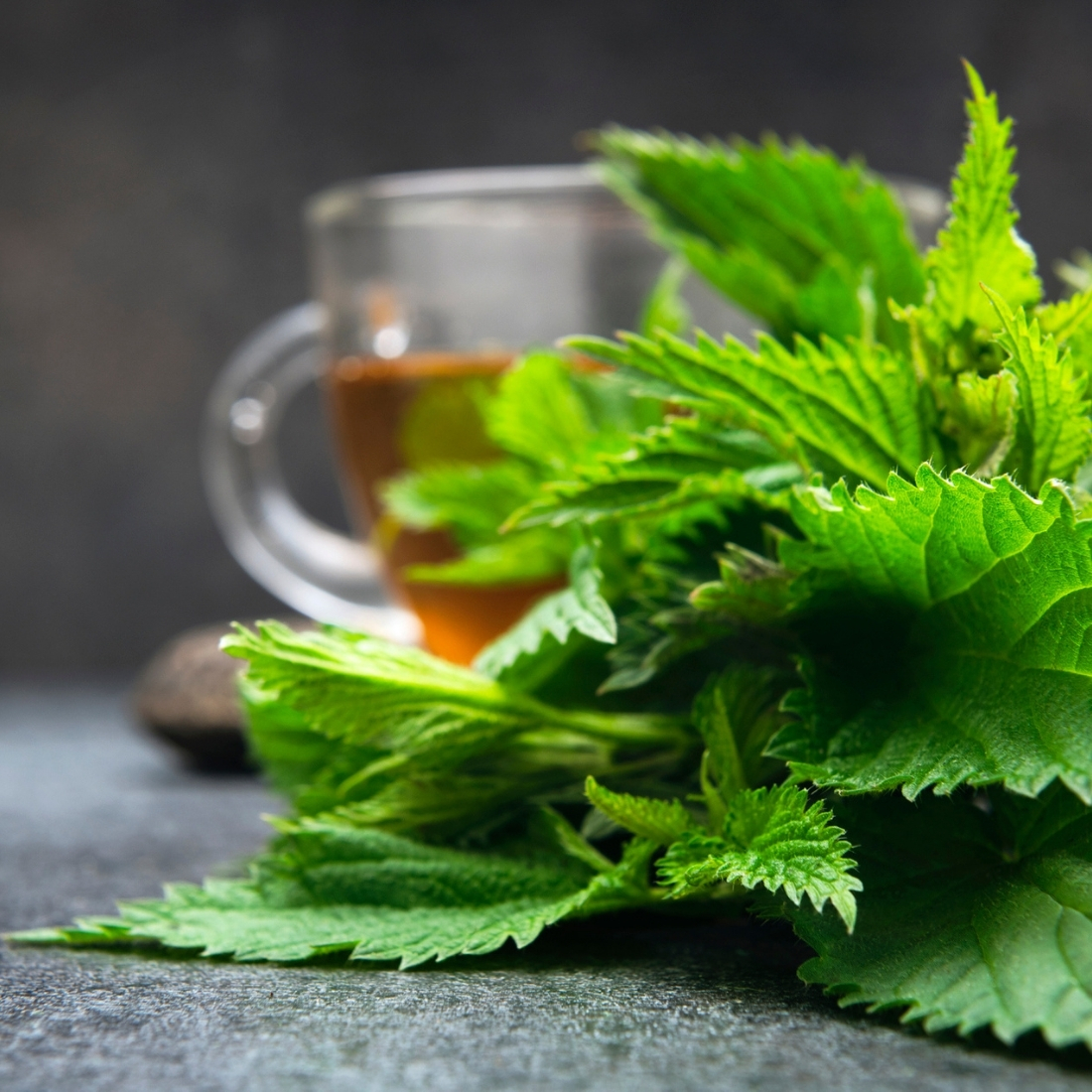
Nettle leaf has been used as a diuretic since medieval times, but today it's used most used to treat hay fever. In addition to tea, capsules and tinctures are used to combat histamines in the system and reduce allergy symptoms.
Load Up on Local Honey
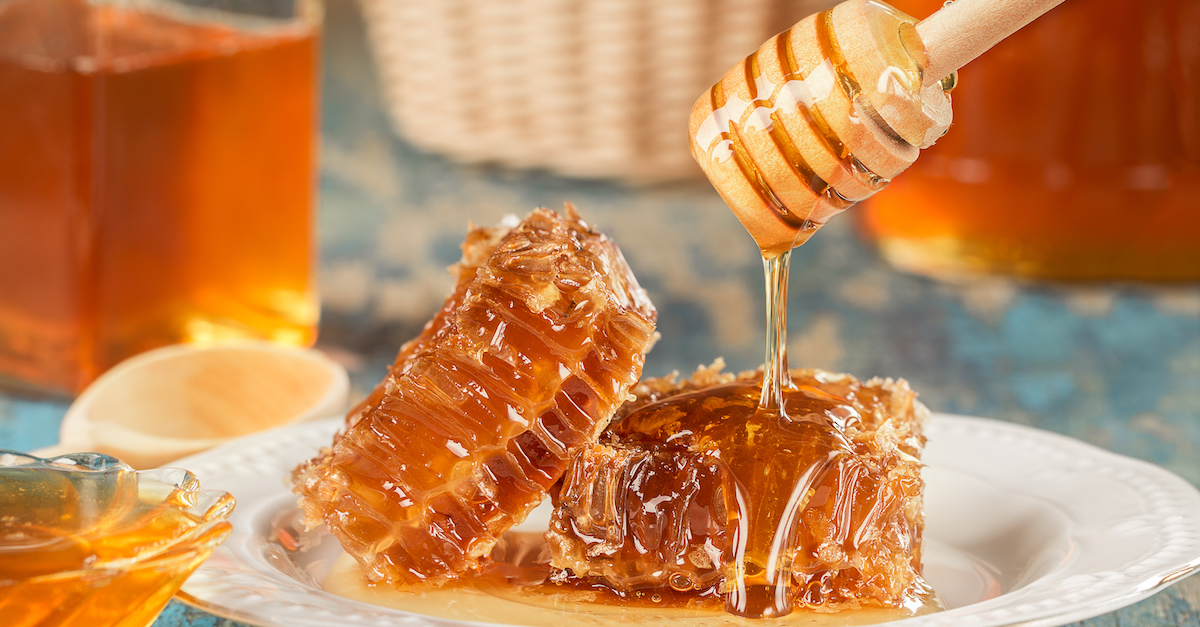
It's important to remember you should never give a child under the age of 1 honey. For all other members of the family, however, local honey can help combat allergies. It's believed that the exposure of local bees to local pollen can result in honey that builds tolerance to those allergens.
Keep Your House Clean

You'd be surprised how much of the outside makes its way inside your home through you, your kids, and your pets. Allergens find their way in more easily than you can imagine. Keeping a consistent cleaning schedule through allergy season can lessen everyone's pain while indoors.
Use Fans and Air Purifiers To Keep the Air Clean

It's tempting to throw the windows open in the spring, but allergens are coming in along with the warm air. Keep the windows closed, and recirculate the air when you're in the car.

